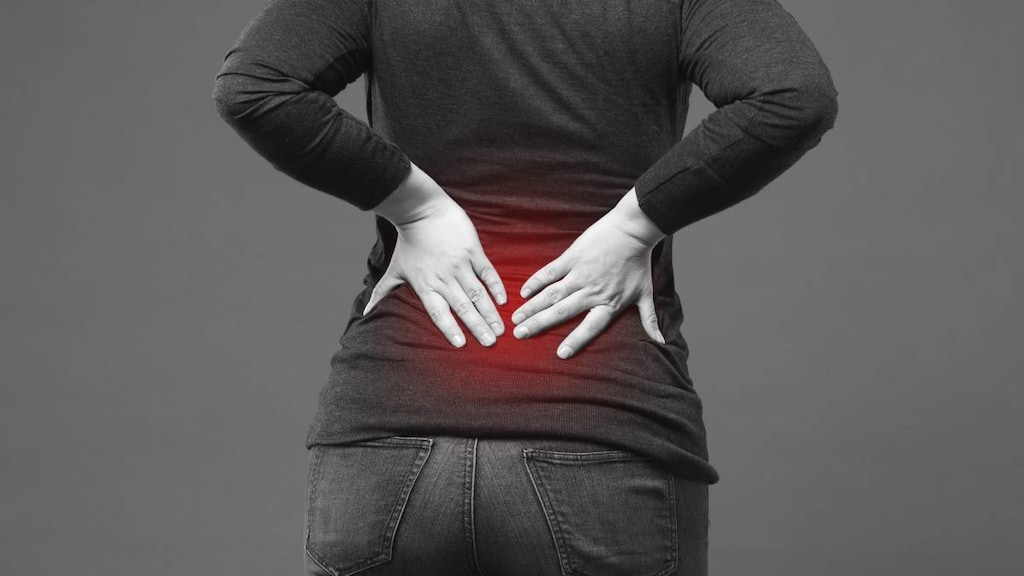
What is nephrolithiasis?
Nephrolithiasis is the formation of kidney stones in the urinary tract. Kidney stones are small, hard deposits of calcium oxalate or calcium phosphate, or occasionally, other salts. They are a common cause of blood in the urine or pain in the abdomen, flank, or groin, and 10% of people are affected by kidney stones at some point in their life.
The medical term for kidney stones is renal calculi.
What causes nephrolithiasis?
Not all kidney stones are the same and neither are their causes. The crystal structure of the stone gives an idea to its cause. Most stones are made of calcium oxalate or calcium phosphate (70-80%), uric acid (10-15%), or magnesium ammonium phosphate (10-15%). Cystine stones and medication-related (eg, indinavir, triamterene, xanthine) kidney stones make up less than 1% of other causes.
Calcium oxalate or calcium phosphate stones
Comprise 70-80% of all kidney stones; main causes include:
- High calcium levels in the urine (eg, from hypercalcemia, high dietary sodium and phosphate intake, chronic metabolic acidosis)
- Low urine volumes (eg, from chronic dehydration, hot climates)
- High uric acid levels (eg, high purine, high protein diets; gout)
- Hyperoxaluria (high urinary excretion of oxalate) (eg, low dietary calcium, high oxalate diets, genetic hyperoxaluria)
- Low urine citrate (eg, chronic metabolic acidosis, renal tubular acidosis, inflammatory bowel disease).
Uric acid stones
Comprise 10-15% of all kidney stones, causes include:
- Low urine pH
- Defects in renal ammonia secretion
- Chronic metabolic acidosis
- Hyperuricosuria
- Obesity
- Metabolic syndrome.
Magnesium ammonia phosphate stones (also called struvite stones)
Comprise 10-15% of all kidney stones, caused by urea-splitting bacteria associated with a urine infection.
Cystine stones
Caused by cystinuria, which is an autosomal recessive disorder of cystine, ornithine, arginine, and lysine.
What are the symptoms of nephrolithiasis?
Symptoms of Nephrolithiasis may include:
- Pain of sudden onset that radiates from the back, down the flank, and into the groin
- Pain does not improve with body position
- Pain is very severe and colicky but intermittent
- Nausea and vomiting (reported by 50%)
- Blood in the urine (hematuria)
The pain is primarily caused by dilation, stretching, and spasm of the blood vessels inside the urinary tract because of the obstruction.
How is nephrolithiasis diagnosed?
If you suspect you may have a kidney stone, see your doctor. Your doctor will ask you about your symptoms and may order a CT scan, ultrasonography, or other tests to aid the diagnosis.
How is nephrolithiasis treated?
Treatment is focused on pain control using pain relief medications during an acute stone event. Pain medications may include NSAIDs or opioids.
Most stones pass within 48 hours. Drinking lots of fluid (2 to 3 liters/day) and some medications (eg, tamsulosin, alpha-blockers, or calcium channel blockers) may help the stone to pass. Some people may take up to four weeks to pass the stone. Antibiotics may be needed if there is an infection.
To prevent new stones from forming, adequate fluid intake should be maintained. Alkalinization of the urine may prevent recurrent uric acid and cystine stones.
If a stone that is symptomatic does not pass, a procedure by a urologist may be needed.




